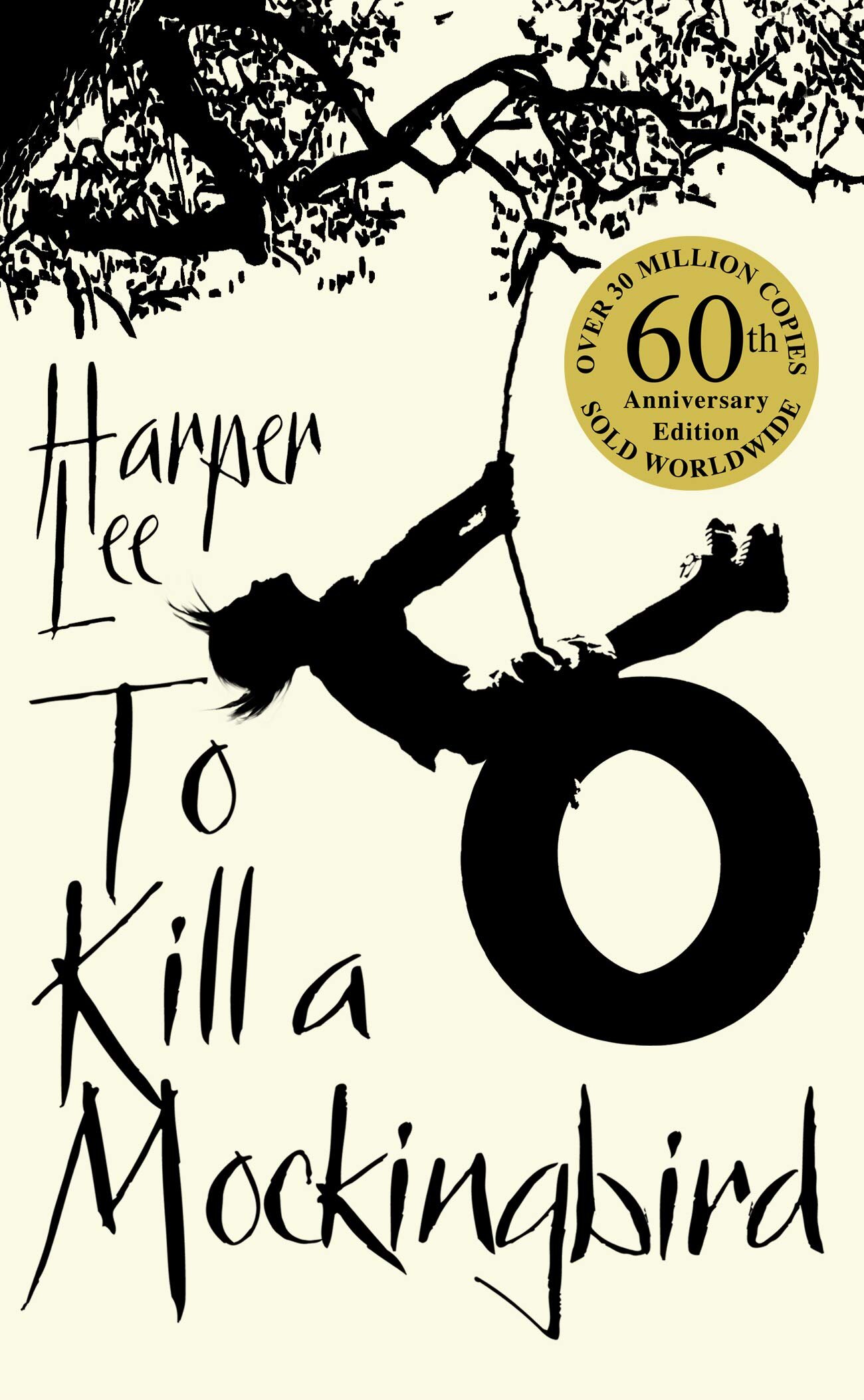Life of Pi: A Novel
An adventure story like no other, Martel weaves a tale of survival against all odds as Pi Patel finds himself shipwrecked in the Pacific Ocean with only a Bengal tiger named Richard Parker for company. Over 227 days, Pi must learn to coexist with the dangerous predator in a tiny lifeboat to survive.
I last read Life of Pi twenty years ago when it was first released, and I was a little hesitant to relive it (as with most things), worried that it wouldn’t live up to my expectations and tarnish my good memories of it. And apart from the little details my memory had tampered with, it is still a brilliant novel.
“To choose doubt as a philosophy of life is akin to choosing immobility as a means of transportation.”
Martel masterfully develops Pi as a nuanced and philosophical character. What appears to be a survival story unfolds into themes of spirituality, love of nature, and man’s relationship with animals. I’m not religious (despite having gone to Christian schools my entire life), but I appreciate the equal importance Martel has placed in exploring Hinduism, Christianity, and Islam. Ultimately, Pi’s faith and ability to find meaning in suffering, despite an unimaginable hardship that seems impossible to endure, lead him to a dramatic conclusion. In place of explicit answers, the book poses questions about humans’ primal nature and what it means to survive, prompting readers to challenge reality and perception as the tale is slowly revealed like layers of an onion skin.
Martel's descriptive prose brings the vast and unforgiving Pacific Ocean to life, immersing readers in Pi's gripping adventure over months. I recently watched Ang Lee’s film adaptation of the novel, which is an Oscar nominee for Best Picture and is now streaming on Disney+. The movie takes minor liberties, but its graphics do an incredible job of bringing to life the tiny, fragile world aboard the lifeboat amid the endless blue and hits home as a profoundly moving examination of the human experience. Albeit fictional, it’s a tale that will make you do a double-take after its conclusion.
This post may contain affiliate links, meaning we receive a commission when you click the links and make a purchase.
Related posts





